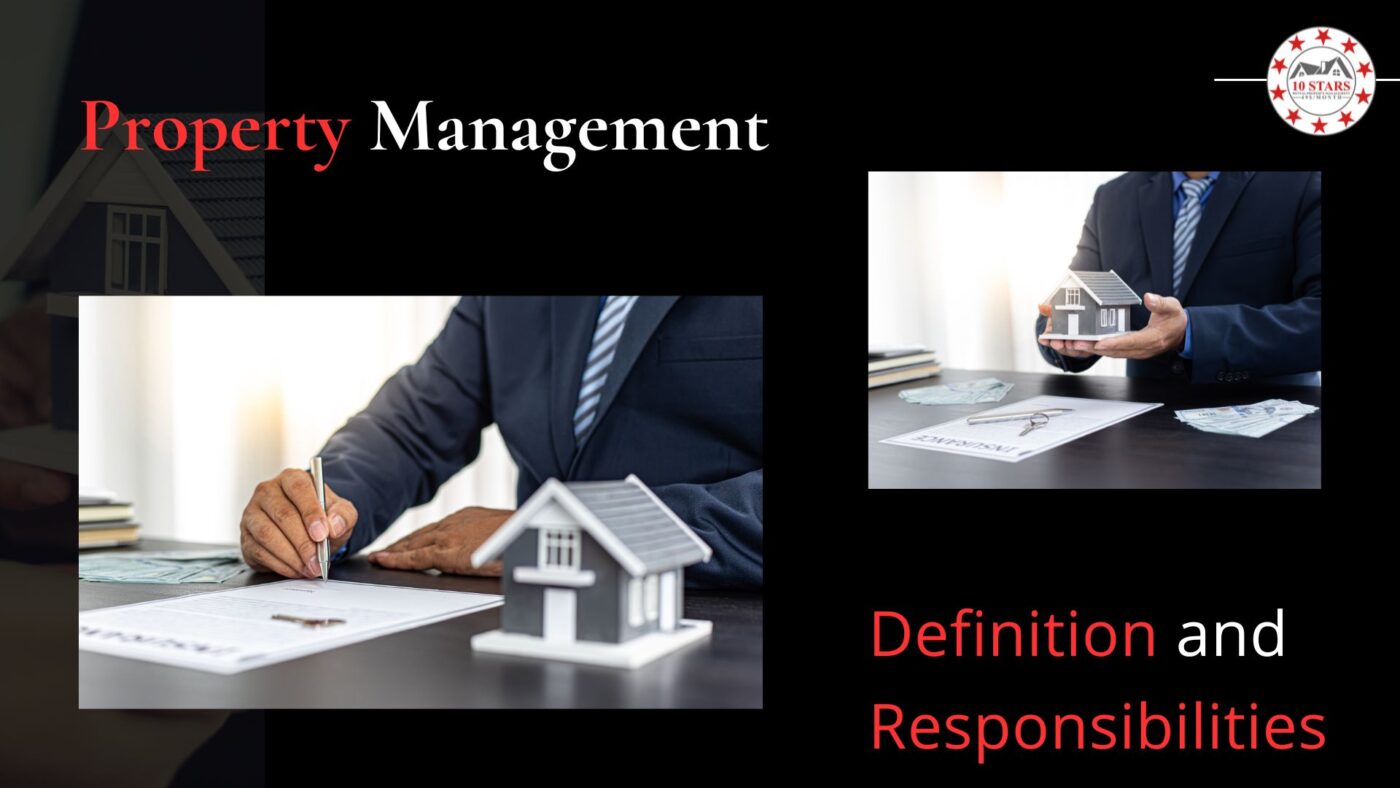Property management is the process of overseeing and maintaining a property on behalf of the owner. This could include anything from rental properties to commercial real estate. A property manager is responsible for managing all aspects of the property, including maintenance, marketing, tenant relations, and financial reporting. In this blog post, we’ll take a closer look at the definition and responsibilities of property management.
Definition of Property Management:
Property management is the process of managing a property on behalf of the owner. The property manager is responsible for ensuring that the property is well-maintained and that all tenants are satisfied with their living or working conditions. The manager’s primary goal is to maximize the property’s profitability while minimizing expenses and keeping tenants happy.
Responsibilities of Property Management:
There are a number of different responsibilities that fall under the umbrella of property management. Here are some of the most common tasks that property managers are responsible for:
-
Rent Collection:
One of the most important responsibilities of a property manager is to collect rent from tenants. This involves setting up a system for collecting rent payments, tracking payments, and following up with tenants who are behind on their rent. A property manager may also be responsible for setting rent prices and negotiating lease agreements with tenants.
-
Tenant Relations:
Another important responsibility of a property manager is to maintain good relationships with tenants. This involves responding to tenant complaints and concerns, addressing maintenance issues, and ensuring that tenants are satisfied with their living or working conditions. A property manager may also be responsible for resolving disputes between tenants or between tenants and the property owner.
-
Property Maintenance:
A property manager is responsible for ensuring that the property is well-maintained and in good condition. This involves overseeing maintenance and repairs, scheduling regular inspections, and addressing any issues that arise. A property manager may also be responsible for hiring and supervising maintenance staff, contractors, and other service providers.
-
Marketing:
A property manager is responsible for marketing the property to potential tenants. This involves creating and implementing marketing campaigns, managing online listings, and conducting property tours for prospective tenants. A property manager may also be responsible for creating and managing advertising and marketing budgets.
-
Financial Reporting:
A property manager is responsible for keeping accurate financial records and reporting on the property’s financial performance. This involves creating and managing budgets, tracking income and expenses, and providing regular reports to the property owner. A property manager may also be responsible for paying bills, managing taxes, and handling other financial matters related to the property.
-
Legal Compliance:
A property manager is responsible for ensuring that the property is in compliance with all applicable laws and regulations. This involves staying up-to-date on local, state, and federal laws and regulations, ensuring that the property meets all safety and building code requirements, and handling any legal issues that arise.
-
Tenant Screening and Selection:
A property manager is responsible for screening and selecting tenants. This involves reviewing tenant applications, conducting background and credit checks, verifying employment and income, and making final tenant selections. A property manager may also be responsible for setting tenant criteria and developing lease agreements.
Conclusion:
In summary, property management involves the day-to-day operations of a property on behalf of the owner. A property manager is responsible for a wide range of tasks, including rent collection, tenant relations, property maintenance, marketing, financial reporting, legal compliance, and tenant screening and selection. By effectively managing all of these tasks, a property manager can help to ensure that the property is profitable, well-maintained, and provides a high level of satisfaction to tenants. If you’re a property owner, hiring a qualified property manager can be an excellent way to maximize your investment while minimizing your workload.

